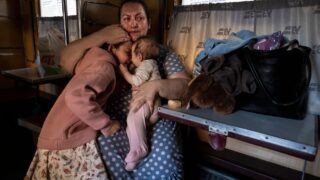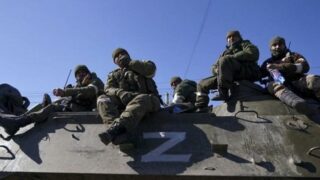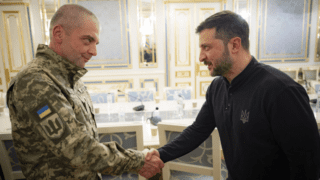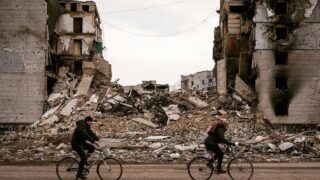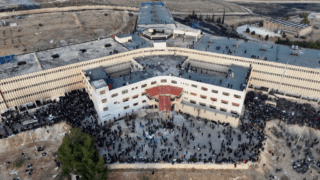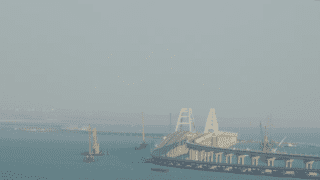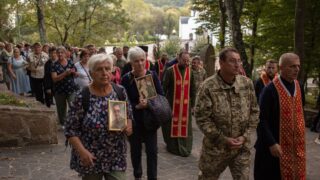
Women in Crimea face growing persecution under Russian occupation, human rights defenders say
Since the occupation of Crimea in 2014, Russia has initiated 26 cases of criminal prosecution against women, according to the Crimean Tatar Resource Center.
The human rights situation in occupied Crimea has deteriorated significantly since Russia’s annexation in 2014, marked by widespread violations and systematic repression of dissent. The UN Human Rights Monitoring Mission in Ukraine has documented numerous abuses, including unlawful detentions, enforced disappearances, and torture, particularly targeting Crimean Tatars and pro-Ukrainian activists. This ongoing repression not only undermines the rights of Crimeans but also serves as a grim warning of potential future violations in other occupied territories.
“During the period of occupation of Crimea, at least 26 cases of criminal prosecution of women have been documented,” said the human rights defenders.
Five women are currently held in penal colonies, including Iryna Horobtsova, who was accused of “espionage” by Russian authorities and sentenced to ten and a half years in prison. Four women are in pre-trial detention centers, and another four are under restrictions or probation.
Here’s a full list of women held in colonies, detention centers, under restrictions or probation, and those who have faced prosecution or have been released.
Additionally, dozens of cases of administrative persecution of women have been documented, the human rights defenders added.
Overall, since the beginning of Crimea’s occupation, 370 people have become political prisoners and faced persecution.
In October, the Chairman of Ukraine’s Parliament, Ruslan Stefanchuk, said that Ukraine would never give up Crimea or any other temporarily occupied Ukrainian territory.
Speaker of Ukrainian Parliament Stefanchuk: Ukraine’s resolve to reclaim Crimea strengthens
He highlighted the ongoing struggle against occupation as not only a matter of national sovereignty but also a broader fight for justice, particularly for the Crimean Tatars.
Read more:












